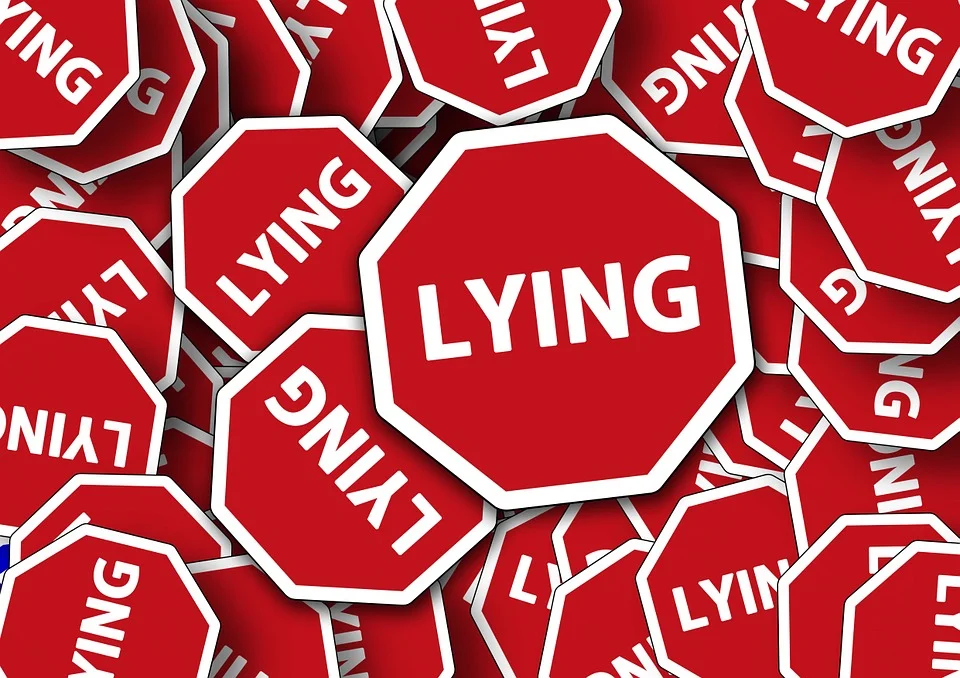Long a subject of mystery and debate, lie detector tests—also called polygraph tests—have Many people, especially in legal environments, are curious about their dependability and correctness. Although they are sometimes shown in films and TV as perfect truth detectors, reality is significantly more complex. To dispel common misunderstandings about the accuracy of Lie Detector Test Washington and offer a better knowledge of their part in spotting dishonesty.
The Device of Lie Detectors
Fundamentally, when the subject answers questions, lie detectors track physiological reactions, including heart rate, blood pressure, breathing, and skin conductivity. The basic presumption is that false responses set off a physiological reaction brought on by stress or worry. But these reactions can also be shaped by other elements unrelated to veracity, such as anxiety, fear, or even medical illnesses. This adds some uncertainty to how one should understand the findings.
Lie detectors are exactly accurate
One of the most common misconceptions is that lie detectors offer unquestionable evidence of dishonesty or truthfulness. Actually, research indicates that polygraph test accuracy can vary greatly and usually falls between 70% and 90%. False positives—innocent people judged deceptive—and false negatives—deceptive people who pass the test—are thus both possible. The examiner’s degree of skill, the technique applied, and the particular test environment all affect the dependability of the findings.

Court Acceptance of Polygraph Tests Is Universal
Although Lie Detector Test Washington find value in many contexts, they are not often recognized as proof in court. Many countries see polygraph results with mistrust because of questions regarding their accuracy and possibility for misuse. Although courts may let the findings be corroborative evidence, usually they demand more supporting data. This caution reflects the knowledge that lie detectors are not perfect and should not provide the only basis for court rulings.
Everyone responds to deception the same way
Another myth is that everyone will react physiologically exactly when lying. Human conduct is complicated nevertheless and affected by many elements, including personality, cultural background, and personal experience. While some people may lie and show little to no physiological change, others may show symptoms of stress even when they are speaking the truth.
Lie detector tests have limited accuracy, even if they can reveal the physiological reactions of a person. Misperceptions of their dependability could cause misinterpretation of their place in legal procedures and research. Individuals and companies alike should view lie detector findings with a critical eye, understanding their limits and the larger background against which they are applied. In the end, knowing these subtleties will help us to have more educated debates on truth, dishonesty, and the instruments for evaluating them.

